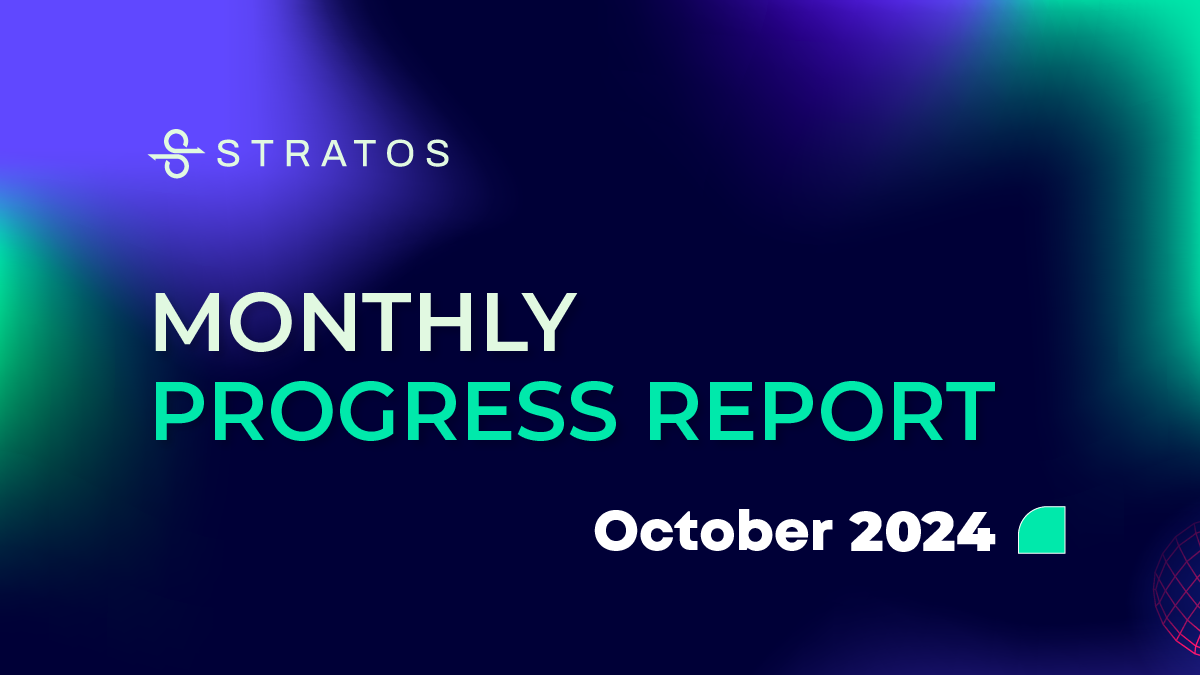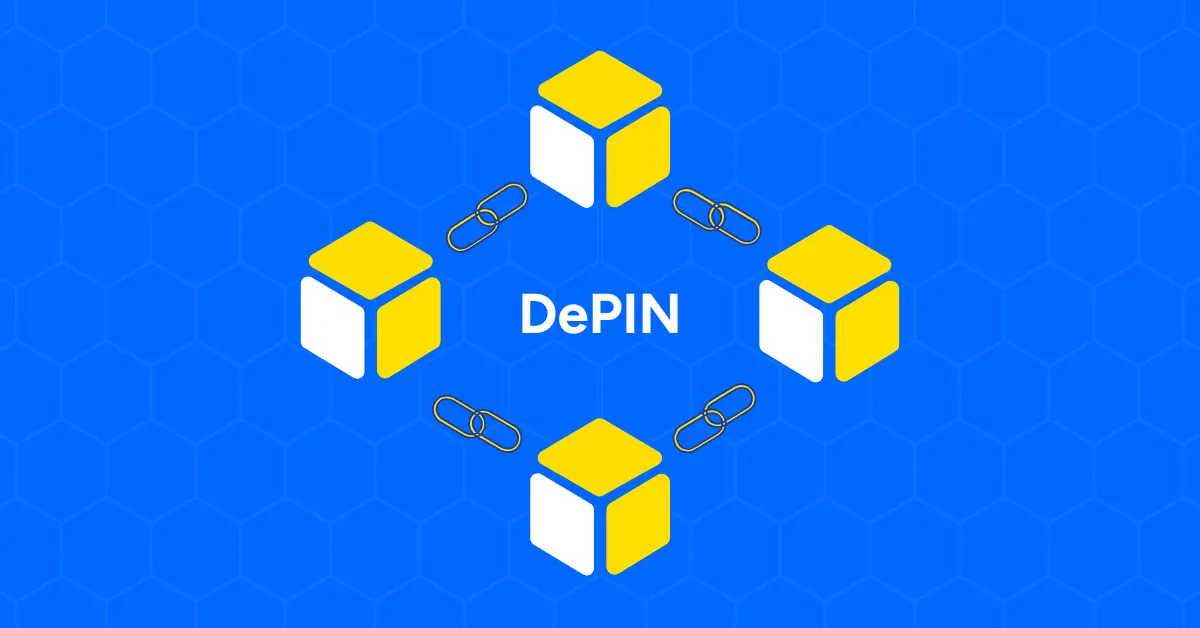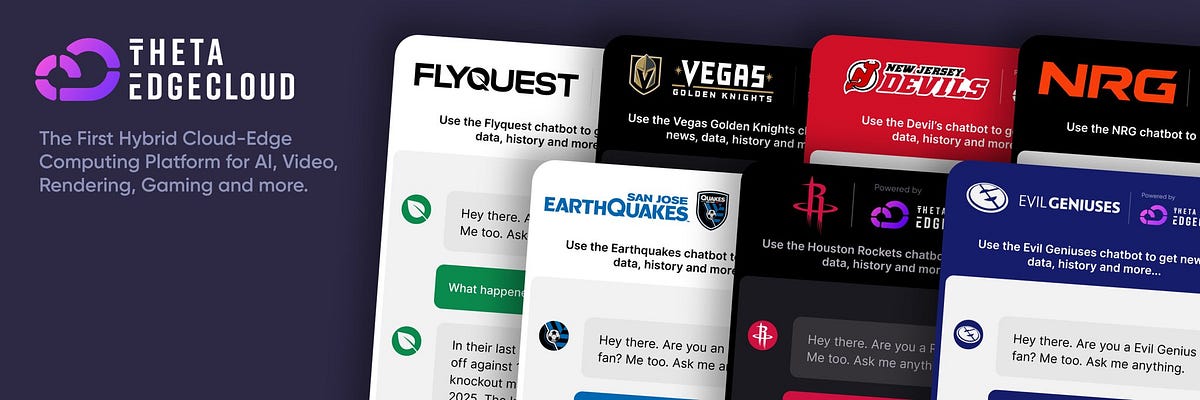Stratos Expands Decentralized Cloud Solutions Through Key Partnerships

Stratos has recently formed several key partnerships aimed at enhancing decentralized cloud storage and expanding its infrastructure capabilities. Notably, the collaboration with ICN marks a significant step toward making decentralized cloud technology more accessible and resilient across various sectors. Additionally, Stratos has partnered with aZen Protocol to innovate in the SocialFi space, integrating its storage solutions with aZen’s ecosystem. The partnership with Satochain aims to advance decentralized applications for Bitcoin, leveraging Stratos’ storage network to enhance Web3 capabilities for Bitcoin users. Furthermore, the collaboration with ARC focuses on empowering artificial intelligence through decentralized storage, while the partnership with FurGPT supports the creation and storage of virtual pet art in a decentralized manner, reinforcing Stratos’ commitment to pioneering Web3 applications.
In addition to these partnerships, Stratos is actively engaging with the community and positioning itself as a thought leader in decentralized data solutions. The founder, Bin, participated in a high-profile discussion on X, where he shared insights into Stratos’ storage solutions and addressed the increasing demand for decentralized data storage in a Web3-driven world. This engagement not only enhances Stratos’ visibility but also emphasizes its role in shaping the future of decentralized data solutions. The company is committed to expanding its ecosystem through ongoing community engagement and partnerships.
Looking ahead, Stratos plans to continue its technical advancements, including the integration with Osmosis Dex and enhancements to its File Drive UI. The company is also focusing on performance improvements and the development of a new Stratos Chain Explorer. Stratos aims to build a next-generation decentralized cloud that provides a reliable, scalable, and self-balanced network for storage, databases, and computation, striving to be the cornerstone of the new era of decentralization. With its unique Proof-of-Traffic consensus, Stratos rewards participants and contributors, further solidifying its position in the decentralized landscape.
Related News





